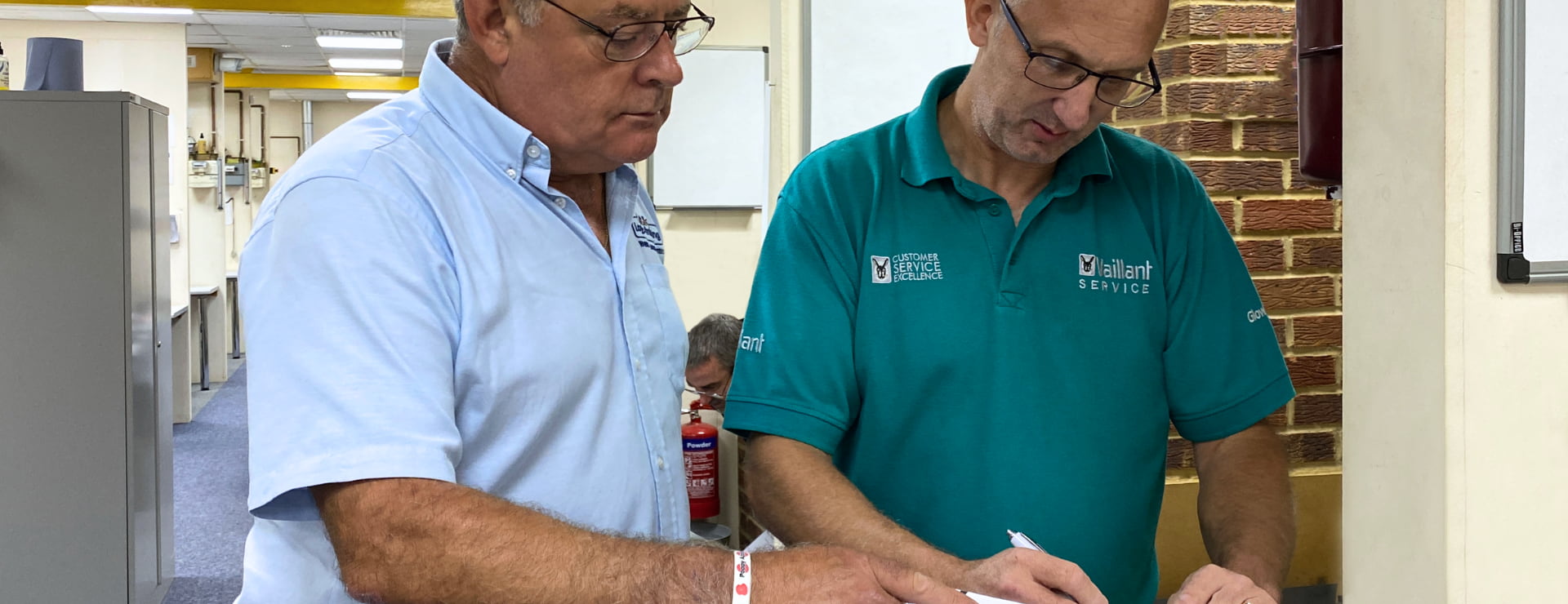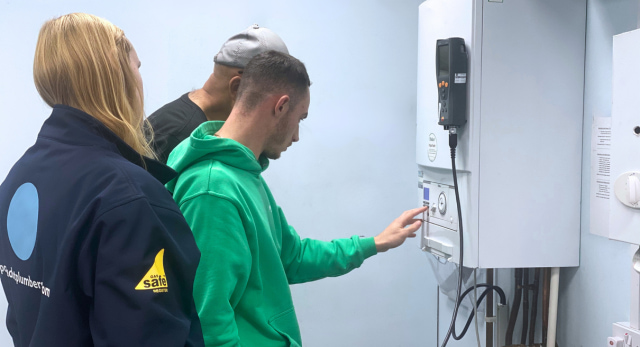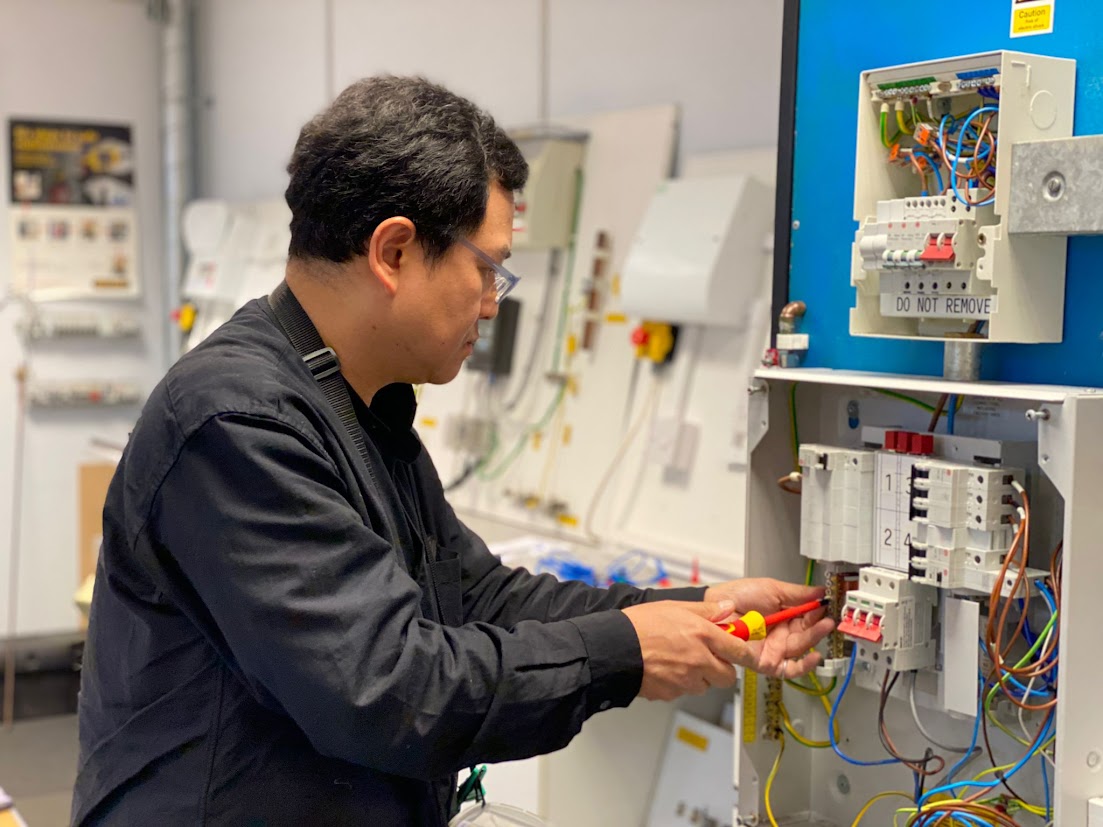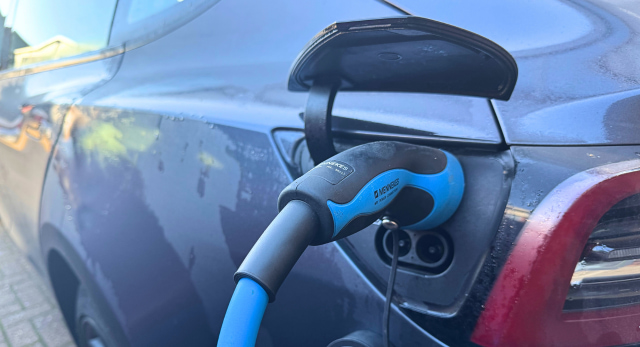As energy efficiency and sustainability become increasingly important, upgrading your heating system is a smart move for homeowners and businesses alike. From enhancing safety to integrating greener technologies, here are ten practical ways to improve your gas system in 2025.

Book Annual Gas Safety Checks
For homeowners, booking an annual gas safety check with a Gas Safe registered engineer is one of the most important steps you can take to protect you and your heating system. During a safety check, the engineer will thoroughly inspect your boiler, gas appliances, and pipework to ensure everything is working correctly and safely. They will test for gas leaks, check ventilation, and verify that all safety devices are functioning as they should.
This not only helps to prevent dangerous incidents such as gas leaks and carbon monoxide poisoning, but also ensures your appliances are running efficiently, potentially saving you money on energy bills and extending the life of your heating system.
Run Your Boiler at a Lower Temperature
Running your boiler at a lower flow temperature is a simple yet powerful way to boost your heating system’s efficiency and cut energy bills. The flow temperature is the setting that determines how hot the water leaving your boiler is before circulating through your radiators. Most boilers are set too high by default and operate between 70°C and 80°C; however, they operate most efficiently at around 60°C or even lower for well-insulated homes. By reducing this setting, your boiler spends more time in “condensing mode,” capturing and recycling heat that would otherwise be lost, which leads to significant energy savings and reduced carbon emissions.
Research shows that lowering your boiler’s flow temperature to 60°C saves up to 12% on your gas usage and around £65 per year on your heating bills, all without sacrificing comfort. You may notice your radiators feel slightly cooler and rooms take a bit longer to warm up, but your home will still reach the desired temperature. This adjustment is particularly effective if you have a modern condensing combi boiler. To make the change, simply use the radiator temperature control on your boiler—usually marked with a radiator symbol—or consult your boiler’s manual. If you’re unsure, a Gas Safe registered engineer can help you set the optimal temperature for your system and ensure safe operation.
Install Smart Thermostats
A smart thermostat offers an easy way to optimise your heating system for efficiency and convenience. Devices like the Hive Active Heating or Nest Learning Thermostat allow remote control via smartphone, enabling you to adjust your home’s temperature from anywhere. They can learn your daily routines, automatically creating personalised heating schedules, and even detect when you’re on your way home to ensure a warm welcome.
By intelligently managing your heating, smart thermostats help reduce unnecessary gas consumption, potentially saving you up to £120 annually on energy bills. They also provide detailed energy usage insights, helping you identify further savings opportunities. Upgrading to one of these devices is a simple yet effective step towards a more efficient, cost-effective, and eco-friendly home.
Install Smart Gas Leak Detection Systems
Whilst this doesn’t directly affect your heating system, smart gas leak detectors, like the Shelly Gas Sensor or Kidde Nighthawk, provide early warnings of methane or carbon monoxide leaks and can protect you and your family. These devices connect to your Wi-Fi, sending instant alerts to your smartphone or smart home system. Many models feature automatic shut-off capabilities, reducing the risk of fire or explosion. Investing in a modern smart gas leak detector is a proactive step to ensure the safety of your home.
Digital and wireless gas detection advancements, including sensors and AI-driven monitoring, have transformed safety standards. These systems provide real-time alerts, automatic shut-off, and remote monitoring capabilities. Predictive analytics can identify patterns and potential hazards, ensuring proactive risk management and compliance with the latest regulations.
Upgrade to High-Efficiency Gas Boilers
Probably the most expensive option on this list is to upgrade your boiler. Modern condensing gas boilers, such as the Viessmann Vitodens 200-W and Worcester Bosch Greenstar 4000, can dramatically improve the performance and efficiency of your heating system. These advanced boilers use sophisticated heat exchangers and modulating burners to maximise energy output while minimising waste, resulting in up to 94% efficiency. Upgrading to an A-rated boiler can save you up to £522 annually on energy bills, while also reducing your environmental impact. All new boilers installed in the UK must be condensing, ensuring you benefit from the latest efficiency standards.
All new boilers installed in the UK must be condensing, ensuring you benefit from the latest efficiency standards. Investing in a high-efficiency boiler not only lowers your running costs but also supports the UK’s commitment to reducing household carbon emissions. Always use a Gas Safe registered engineer for installation or replacement to guarantee safety and compliance.
Conclusion
In summary, improving your heating system isn’t just about saving money. It’s also about creating a safer home. From upgrading to high-efficiency boilers and smart thermostats to regular maintenance, each step you take contributes to a more sustainable and safer property. Even simple adjustments, like running your boiler at a lower temperature, can make a significant difference to your energy use and carbon footprint. As the UK moves towards net zero, staying informed and proactive ensures your home remains compliant with the latest standards and benefits from the best available technologies.
If you’re interested in developing the practical skills needed to maintain your property to the highest standard, our Property Maintenance Course offers hands-on training in everything from basic plumbing and electrics to energy efficiency and site safety. For those considering a career change or wanting to enter the gas industry, our New Entrant Gas Course provides a pathway to becoming a qualified gas engineer who can sign up to the Gas Safe Register and work on heating systems across the country. Whether you’re a homeowner, landlord, or aspiring professional, investing in your knowledge and skills with Logic4training is a smart move for the future of your property and your career.









